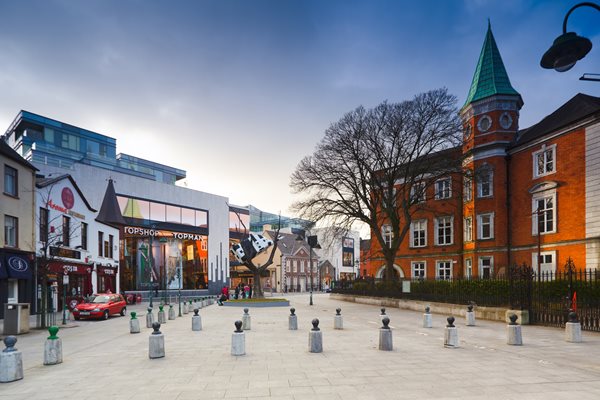There are 31 local authorities and 3 regional assemblies in Ireland, employing more than 30,000 people.
Local authorities are the closest and most accessible form of government to citizens. They have responsibility for the delivery of a wide range of services in their local area, with a focus on making cities, towns, villages and the countryside attractive places in which to live, work and invest.
Local authority services make a significant contribution to the physical, cultural, social and environmental development of communities and include housing, planning, infrastructure, environmental protection and the provision of amenities and recreation and community infrastructure.
Local authorities play a key role in supporting economic development and enterprise at a local level and take the lead role in shaping the strategic vision of the county or city. They also work in partnership with other state, public and private bodies in the delivery of critical infrastructure and shared services.
Local authorities deliver hundreds of services and implement policy across a range of areas including:
- Housing
- Environment
- Planning
- Roads and transport
- Economic development
- Community services
- Tourism
- Parks and open spaces
- Libraries
- Arts and culture
- Climate action
You can find out about the work areas and roles within local authorities here.
The structures, powers, functions and duties of local government are governed by the Local Government Act 2001 and the Local Government Reform Act 2014. In addition, the operation of local authorities is affected by a range of other legislation very often dealing with specific services.
Elected council
Elected members of the council are known as councillors and they are elected every five years.
Councillors make policy decisions in areas reserved for their decision by legislation. Some of the reserved functions include passing an annual budget, housing policy decisions and policies on environmental protection.
These decisions may be made at two levels:
- Full council (plenary level)
- Municipal/metropolitan/borough district level
Local authorities work closely with the elected council to deliver the full range of services, implement local policy decisions, and deliver on strategic objectives in accordance with the policy direction of the elected council at both full Council and Municipal District level.
Regional Assemblies
Ireland has three regional assemblies, which have a range of powers in relation to spatial planning and economic development. The aim of these assemblies is to co-ordinate, promote or support strategic planning and sustainable development and promote effectiveness in local government and public services.
- Eastern and Midland Regional Assembly
- Northern and Western Regional Assembly
- Southern Regional Assembly
The membership of a regional assembly consists of members of the local authorities within the region.
Local Government Management Agency (LGMA)
The Local Government Management Agency also recruits through this website.
The LGMA is a state agency that provides a range of professional services to local authorities. The Agency works collaboratively with all 31 local authorities to support the coordinated and cost-effective delivery of local government services and policy.
You can find out more about the work of the LGMA here.
